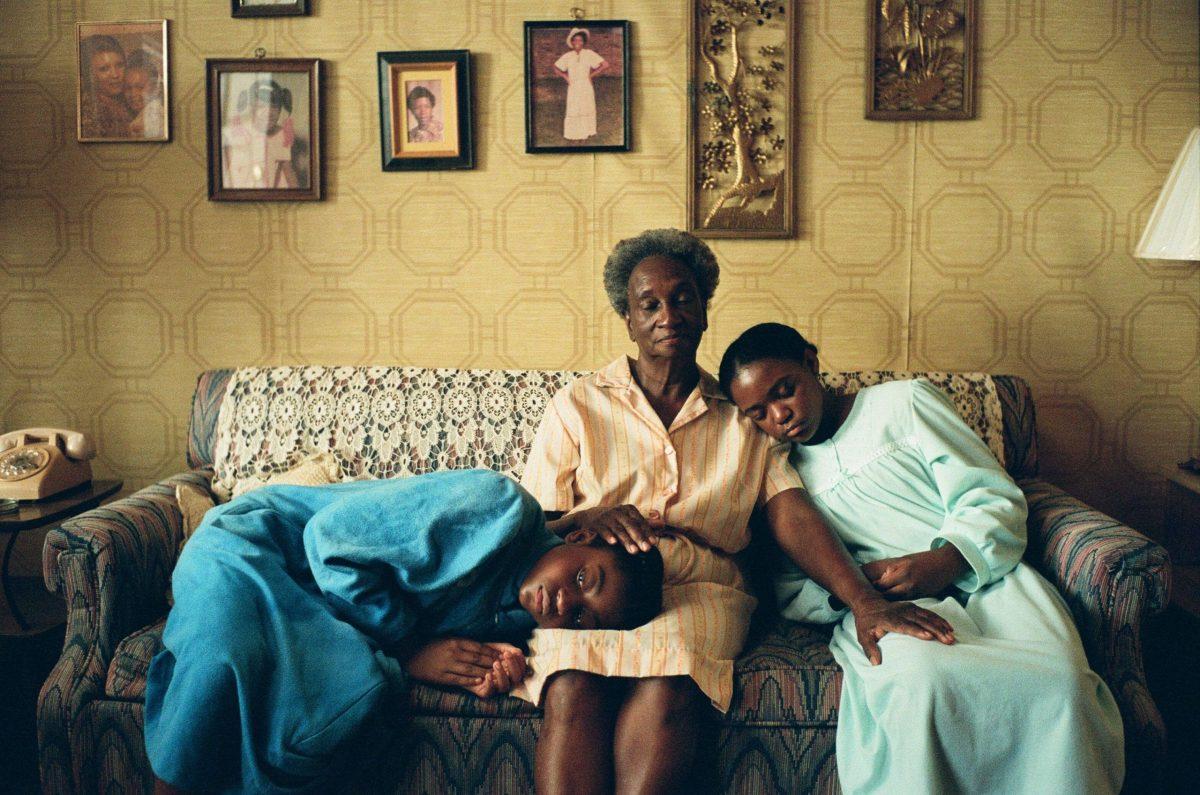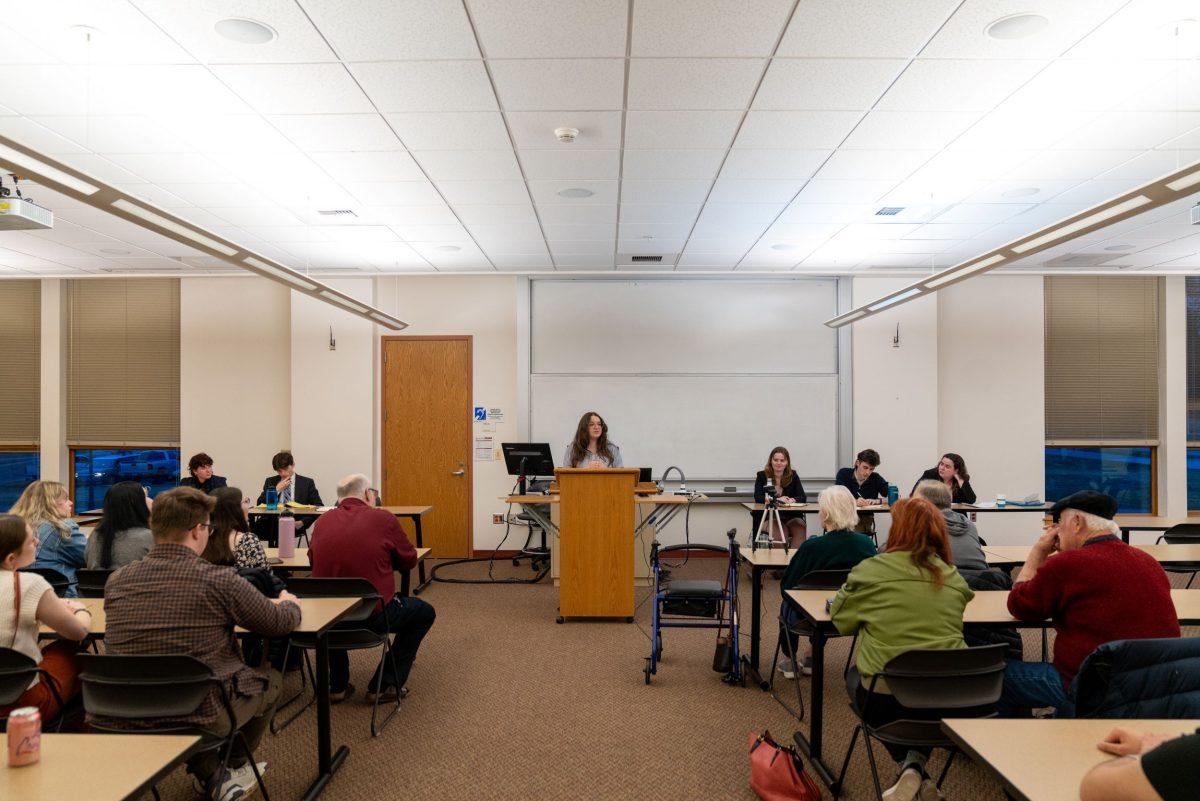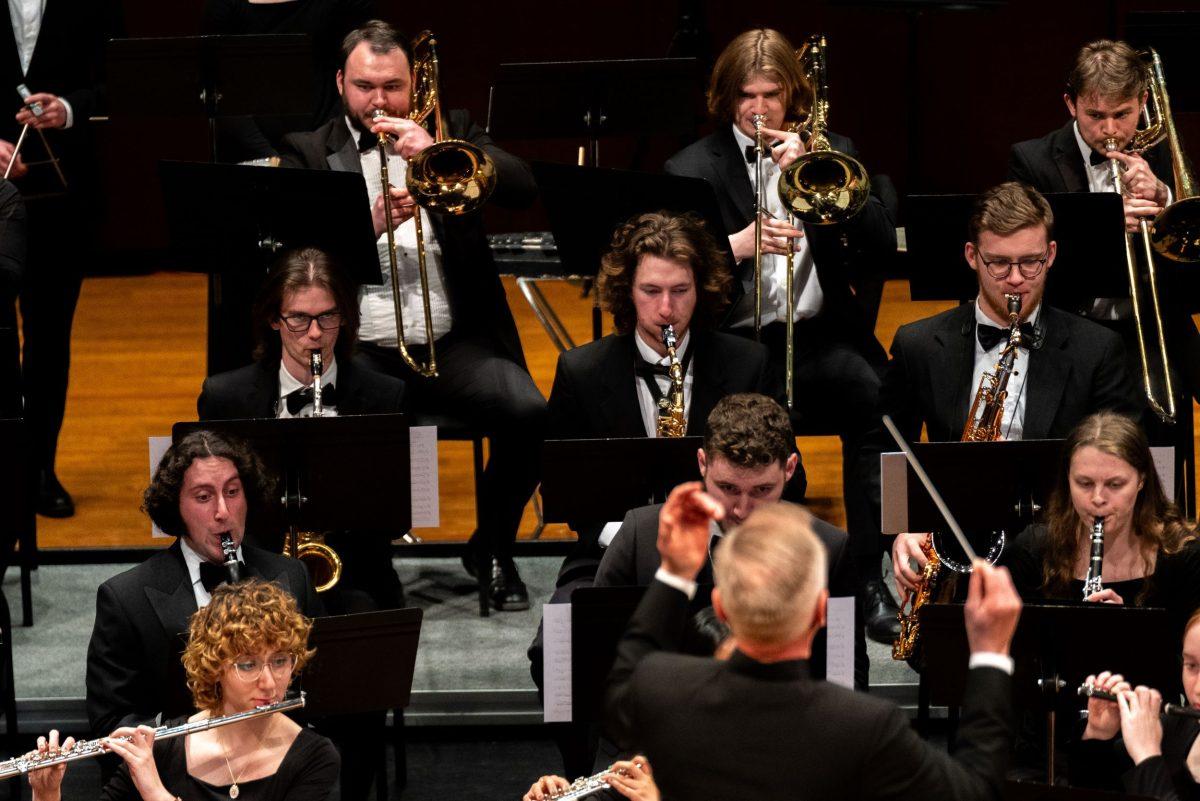According to Whitworth’s 1890 mission statement, while the institution is affiliated with the Presbyterian Church, it does not aim to be sectarian and opens its doors to all lovers of truth and learning. This remains true today.
A multitude of Christian religions along with Buddhism and Islam are all represented in Whitworth University’s student body.
The reality is, not all Whitworth students are Christian students and not all Christian students are of the same denomination.
Just what is the resulting religious climate on campus when Whitworth’s commitment to integrate faith and learning meets an assorted student body?
Fostering questions is a faculty goal
Though students of any faith are accepted, everyone still has to take the required classes along with a Biblical literature class.
One class in particular, Core 150, focuses on the Christian worldview perspective.
Theology and Core 150 professor Keith Beebe said some students have trouble seeing the difference between the class being prescriptive and descriptive.
“It’s not my job to proselytize or push a certain view on someone,” Beebe said.
Beebe teaches every class with the assumption that many students are not Christians. It forces him to teach differently and more clearly knowing students come from radically different view points.
Beebe’s goal is to simply get everyone to think through the issues, to show them the questions they should be asking and leave them to their own conclusions, he said.
Mindy Smith, campus pastor for small groups, echoes the same objective. The chapel and small group ministries are not mandatory and are meant to draw in different types of students who are interested in the Bible-based small groups.
“Our hope here is to foster good questions for people to ask,” Smith said.
Beebe said that idea is reminiscent of former president Bill Robinson’s notion of “the narrow ridge.” Whitworth is not afraid of its Christian heritage and it’s not afraid to ask tough questions.
“We are much more conservative than most Presbyterian colleges, but we’re not as narrow as some of the other institutions that call themselves Christian,” Beebe said.
Many students at Whitworth may come from a world where their assumptions are totally different and the teaching faculty make it their goal to offer every student respect and welcome.
Agnosticism, “Jourdynism” and Buddhism
Freshman Logan Steele said he appreciates professors acknowledging each individual student’s beliefs.
“They don’t belittle you if you don’t believe a certain thing,” Steele said.
Steele is agnostic. He was Christian until a year and a half ago when he started distancing himself from God and questioning God’s existence. Steele knows he wouldn’t feel uncomfortable talking to any professors about his beliefs.
Sophomore Jourdyn McClain also had a Christian faith before coming to Whitworth. She was raised Lutheran, but didn’t like how her church condemned her parents for divorcing and her uncle for being gay.
“I’m not religious, and I’m not afraid to admit it,” McClain said. “It doesn’t work for me with my personality.”
McClain said she can’t be an individual if she’s trying to follow other people’s rules. She jokingly refers to her belief system as the “religion of Jourdynism.”
McClain is an English major and she notices when stories or poems are discussed in class someone always seems to tie a religious meaning to it. It takes away from the learning aspect, McClain said.
“It’s not all about religion, and that’s where I get annoyed, when people think it’s all about religion,” McClain said.
Students with commitments to non-Christian religions, even non-Western religions, compose the student body along with Christian, agnostic and atheistic beliefs.
Whitworth welcomes international students from more than 30 different countries. All have a common understanding that the school is Christian, but when they arrive some are surprised to find just how Christian it is.
“Christian” means something different to them, Lulu Gonzalez, coordinator of international student affairs said.
Junior Priya Yeganathan noticed that when she started Whitworth as a freshman three years ago.
Yeganathan is a Buddhist from Sri Lanka who found her first year challenging, particularly her Core 150 and Biblical literature class. Now though, Yeganathan said she feels like she’s overcome this challenge and she’s used to the climate on campus.
However, most of Yeganathan’s classmates don’t know she is Buddhist. She shares only if asked, but her faith is very important to her.
“It has helped me make very big decisions. I rely on my faith a lot,” Yeganathan said.
Without a temple to attend that matches her Sri Lankan tradition, Yeganathan reads her own book of sermons every day.
Miriam Wanjohi, a junior and Presbyterian from Kenya said Whitworth should waive its Bible class requirements based on students’ beliefs, considering students like Yeganathan. Wanjohi thinks both Christianity and Buddhism need to be emphasized in order for the school to call itself diverse.
Whitworth alumna May Runlertwikraikun is a Buddhist from Thailand who felt some parts of the community didn’t accept that she was not Christian when she attended. Now Runlertwikraikun feels the increase of international students has aided the the student body in becoming more diverse.
Campus Catholic Fellowship
Part of the campus religious diversity includes students from different Christian traditions. The Catholic Fellowship has about 20 Catholic students who are active in the club.
Because of Catholic Sunday Mass, the club’s main focus is to provide carpools to St. Thomas More each week. The club is also about the members simply saying “hi” to each other or getting together to play games.
“It’s more about fellowship and being there for each other as a minority on campus,” club’s president Katie Murphy said.
Catholic Fellowship members don’t feel they are discriminated against at Whitworth. They enjoy being at the school because of the overall Christian atmosphere, Murphy said.
Murphy is glad she came to Whitworth instead of going to a Catholic school.
“It has helped me discover my faith and why I am Catholic,” Murphy said. “It’s been a great learning environment.”
Murphy feels sometimes people in general see being Catholic as a negative thing, but at Whitworth Catholics don’t seem to have that stereotype.
“Also, Whitworth really is open-minded, and non-Catholics often come to Mass with us as well as initiate great conversations,” Murphy said.
A Jewish student: not pushed, but loved
While many students maintain their religious traditions at Whitworth, Aaron Monheim found himself changed.
Monheim was part of the class of 2008 and he came to Whitworth as a Jewish student. He was a swimmer and noted that some swimmers told him he was the first Jew they had met.
Judaism was a big part of Monheim’s life and he felt out of his comfort zone at Whitworth.
Monheim recalled a presentation he gave on his faith and a girl who talked to him afterward. She told him she thought the presentation was cool, but told him straightforwardly he was going to hell. This made Monheim angry toward Christians and he considered transferring schools.
The occurrence didn’t reflect his overall experience, but it was one which will forever stick out in his mind, Monheim said.
Through a long internal process, Monheim became a Christian during his time at Whitworth and was baptized by Beebe in August 2009.
Beebe, Jerry Sittser, and a friend of Monheim’s were very influential during the time of his conversion. They were unlike any Christians Monheim had ever met and he was drawn to be like them.
Before he became a Christian, Monheim spent a lot of time simply sitting and reading a Bible with his friend and figuring out what it meant to be a follower of Christ. For him, Whitworth provided a great place for his growth as a new Christian.
“I think the climate there was very good. I don’t feel like I was proselytized, “ Monheim said.
Monheim plans to get ordained as a Presbyterian minister and plans to return to Whitworth to help him accomplish his goals.
The experience he had with the girl who condemned him shapes how he wants to do his ministry.
“I hated the way that felt and I would never do that to another person,” Monheim said. “The thing that brought me to the Lord was joy, it was love, and it wasn’t damnation.”






